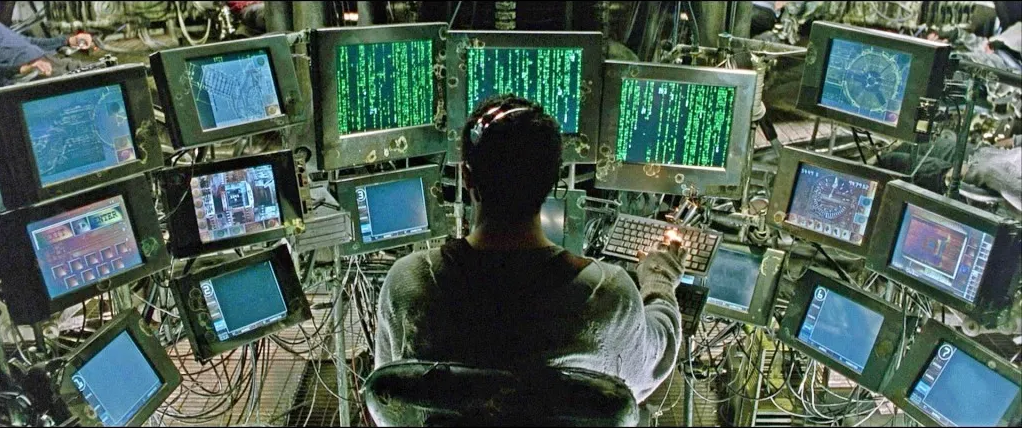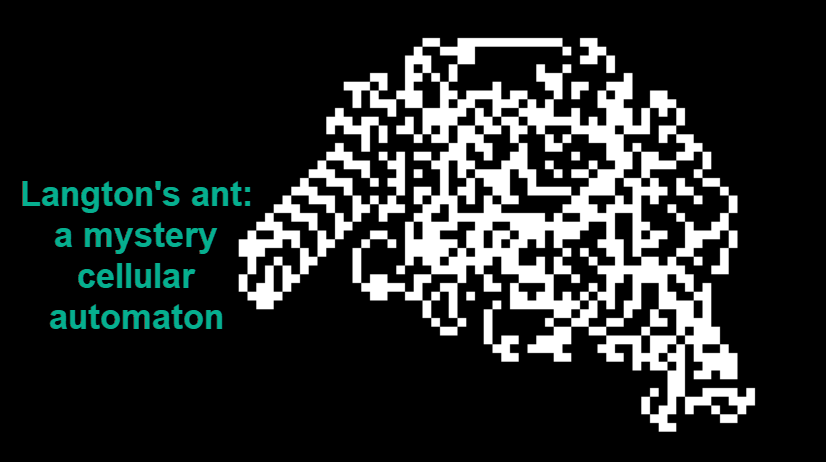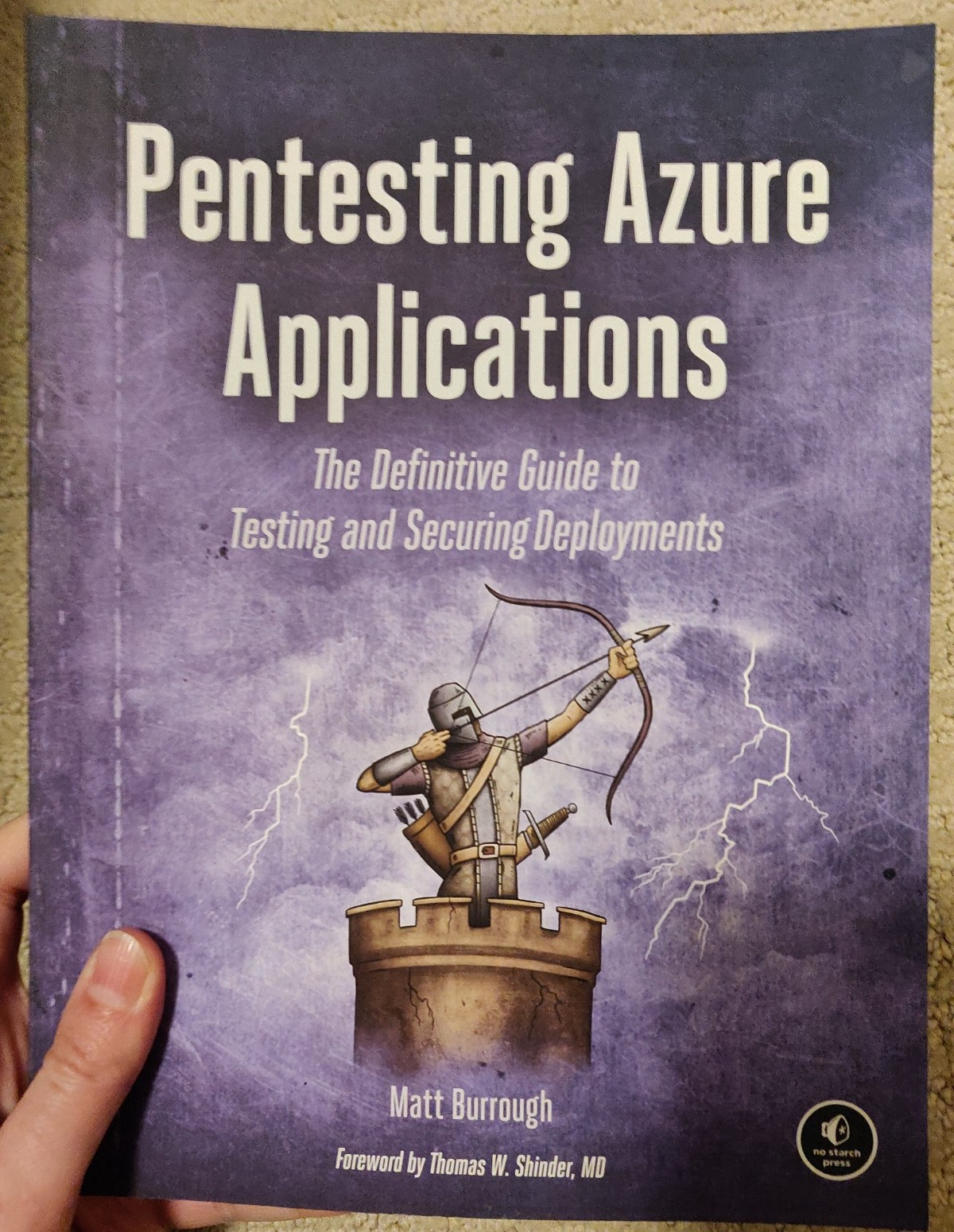AI technologies offer unprecedented opportunities for innovation, efficiency, and growth in such industries as advanced machine learning algorithms or intelligent automation systems. However, to harness the power of AI, effective communication becomes paramount.
The growing impact of AI in modern business is undeniable. Organizations leverage AI to automate processes, gain insights from vast amounts of data, personalize customer experiences, and make informed decisions. Yet, the complex nature of AI technology often creates a significant gap between AI capabilities and the understanding of its users.
Here the role of a technical writer becomes crucial. Technical writers act as a bridge between AI technology and its users, ensuring that complex concepts have a clear, concise, and user-friendly manner of speaking. They are the main participants in making AI accessible to a broader audience, facilitating adoption, and maximizing its potential.
Effective communication is essential to reduce the gap between AI technology and its users. While AI systems may be sophisticated and comprehensive, their impact can be weak without proper understanding and utilization. Technical writers contribute to the success of AI implementations by translating complex AI concepts into easily digestible documentation, user manuals, tutorials, and other communication channels.
Furthermore, technical writers understand the importance of tailoring information for different audiences. They communicate with non-technical stakeholders, including executives, decision-makers, and end-users, who may lack extensive technical expertise. Using the AI capabilities, benefits, and potential limitations, technical writers empower these stakeholders to make informed decisions and embrace AI solutions.

















 A few months ago I worked with a customer on how a team should evaluate the security of their Azure implementation. I had never done a
A few months ago I worked with a customer on how a team should evaluate the security of their Azure implementation. I had never done a 